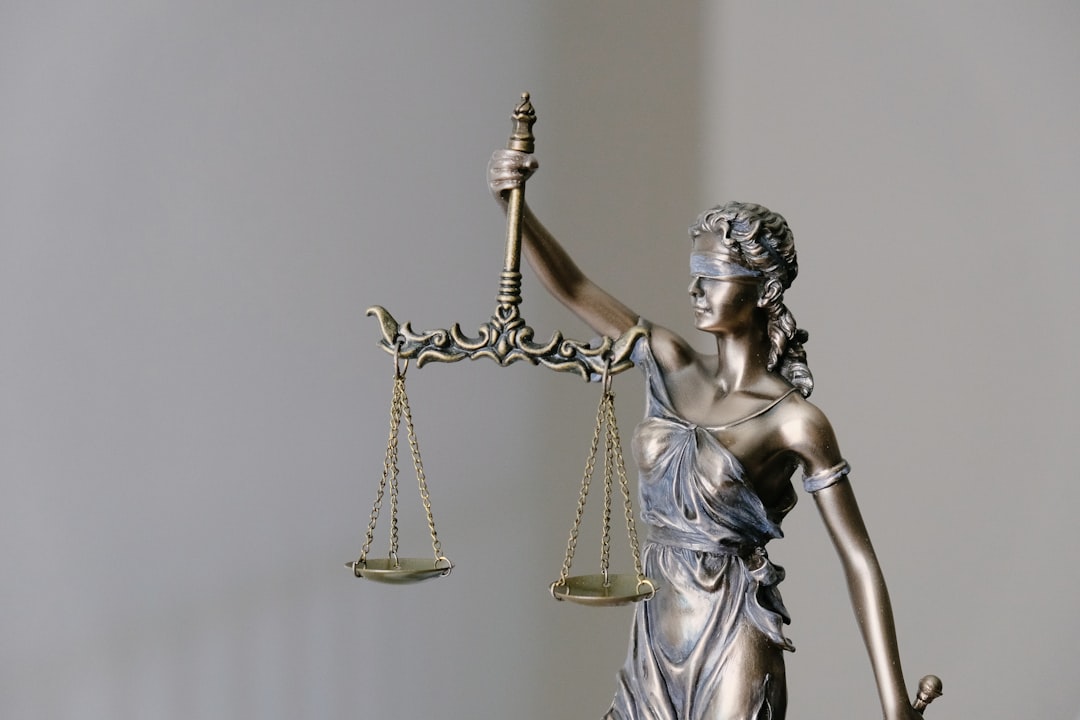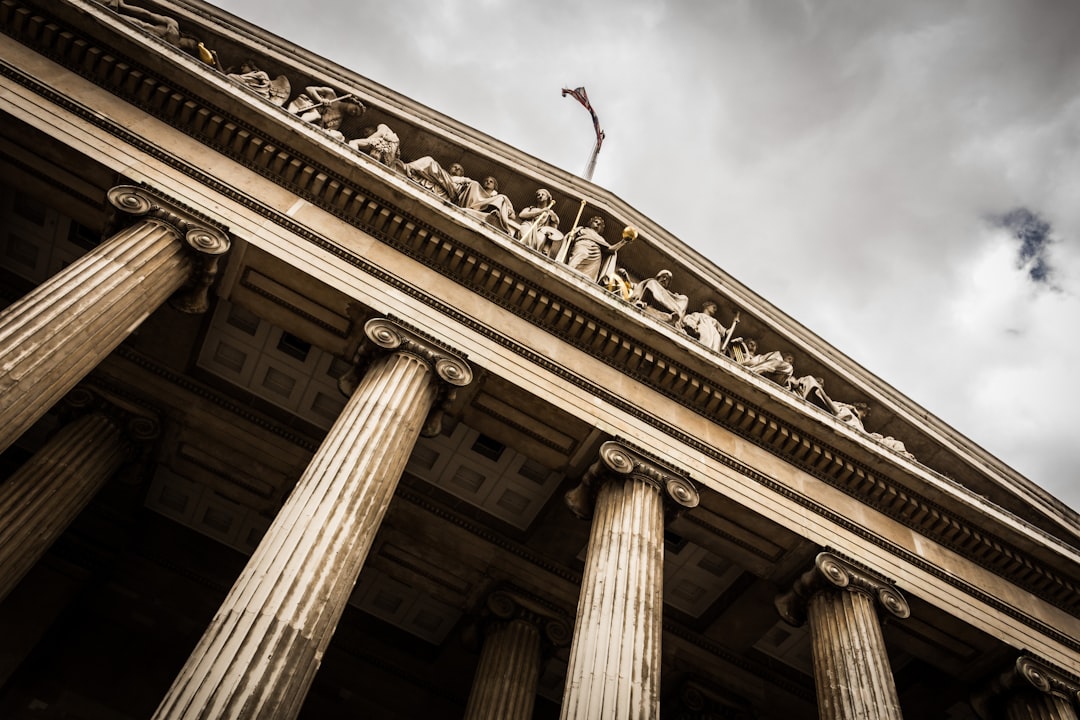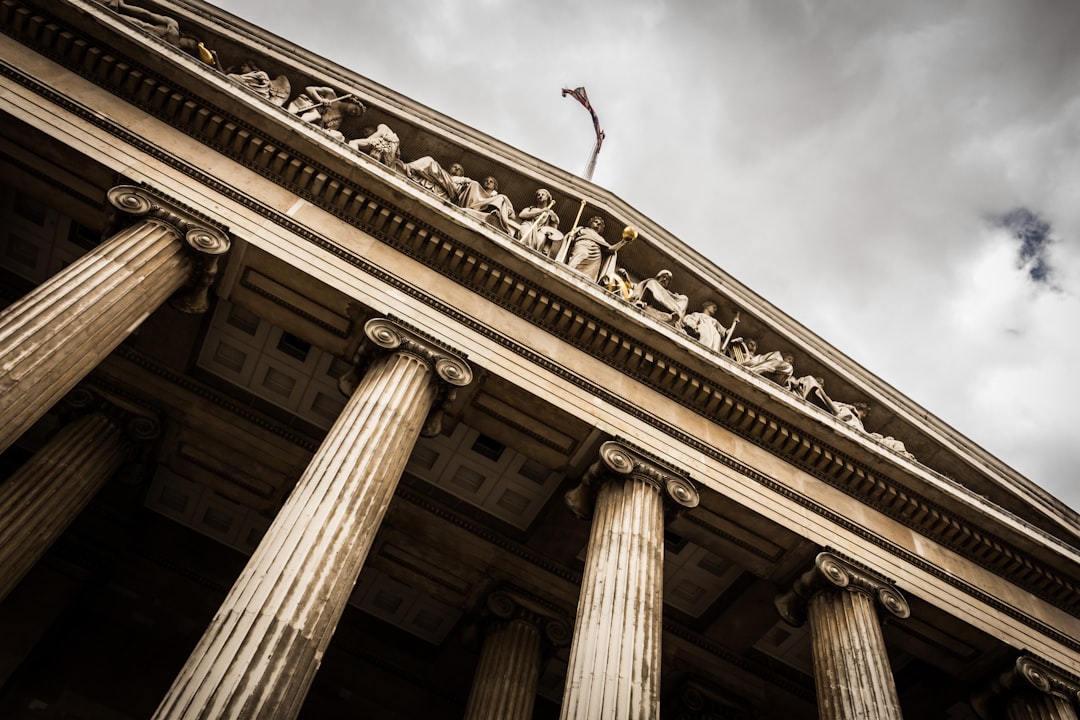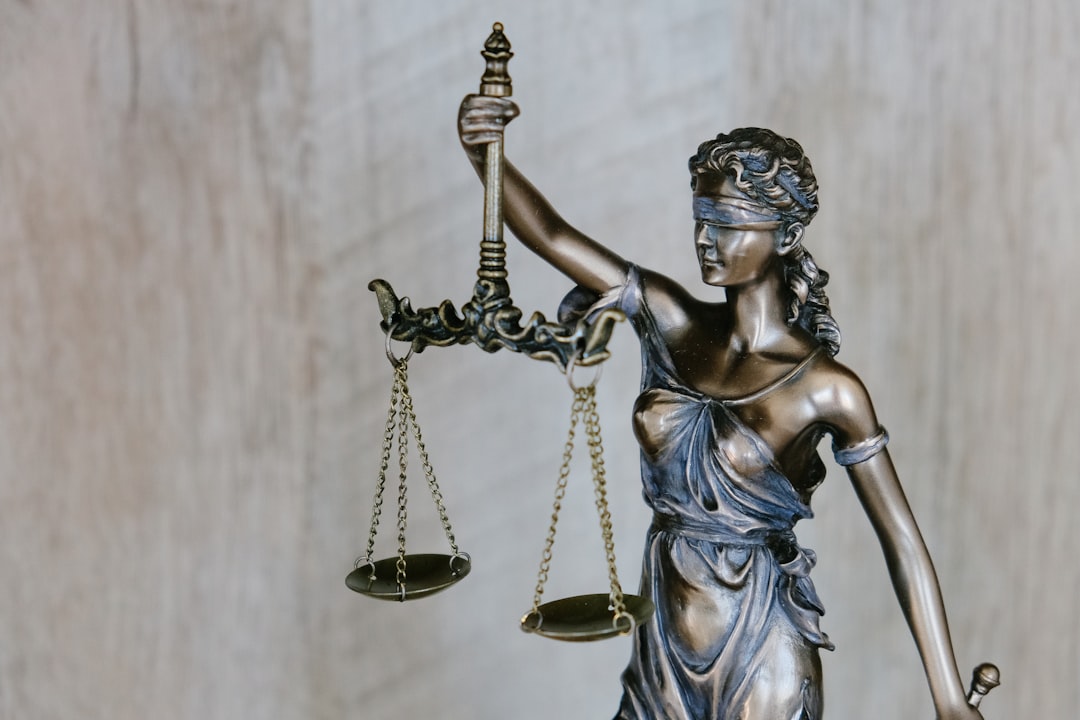Sexual abuse within St. Louis schools is a serious issue with lasting impacts. Local sexual abuse attorneys Missouri emphasize the need for proactive school interventions to create safer spaces. By educating students, encouraging open communication, and building support networks, schools can empower students to recognize and report abuse. Comprehensive training for faculty, clear policies, consent education, and age-appropriate programs are key strategies. Regular staff workshops and advocacy by sexual abuse attorneys Missouri strengthen protection measures, ensuring a more secure educational environment and addressing long-term consequences for victims.
In St. Louis, fostering resilience in schools is a proactive measure to combat and prevent sexual abuse, addressing a critical issue that impacts student well-being. This article explores a multi-faceted approach, encompassing environmental design, education, staff training, and legal strategies. By understanding the profound effects of sexual abuse within the school system, institutions can create safe havens through comprehensive programs and informed faculty. Furthermore, engaging sexual abuse attorneys Missouri highlights the importance of legal oversight in ensuring school safety and holding perpetrators accountable.
Understanding the Impact of Sexual Abuse in St. Louis Schools

Sexual abuse within schools is a pressing issue that demands immediate attention, especially in communities like St. Louis, Missouri. The impact of such abuse can be devastating for students, leading to long-lasting psychological trauma, decreased academic performance, and even legal consequences. In St. Louis, where there is an established need for support, many victims struggle without adequate resources or understanding. This is where schools play a pivotal role in prevention and healing.
Sexual abuse attorneys in Missouri highlight the critical importance of proactive measures to create safer learning environments. By fostering resilience among students, schools can empower them to recognize and report incidents, as well as develop healthy coping mechanisms. Through education, open dialogue, and robust support systems, schools can significantly reduce instances of sexual abuse and provide a more secure setting for all students.
Creating a Safe and Supportive School Environment

Creating a safe and supportive school environment is a multifaceted effort that involves cultivating a culture where students feel seen, heard, and valued. This begins with robust training programs for faculty and staff on recognizing signs of potential abuse, as well as implementing clear policies and procedures to address any incidents promptly. Schools should foster open communication channels where students feel comfortable discussing sensitive topics without fear of judgment or repercussions.
A supportive environment also means promoting empathy, consent, and respectful relationships among students. Sexual abuse attorneys in Missouri often emphasize the importance of education on these subjects from a young age, as it empowers students to protect themselves and recognize inappropriate behavior. Through workshops, assemblies, and inclusive curricula, schools can equip students with the knowledge and skills necessary to build resilience against potential exploitation.
Implementing Comprehensive Education Programs
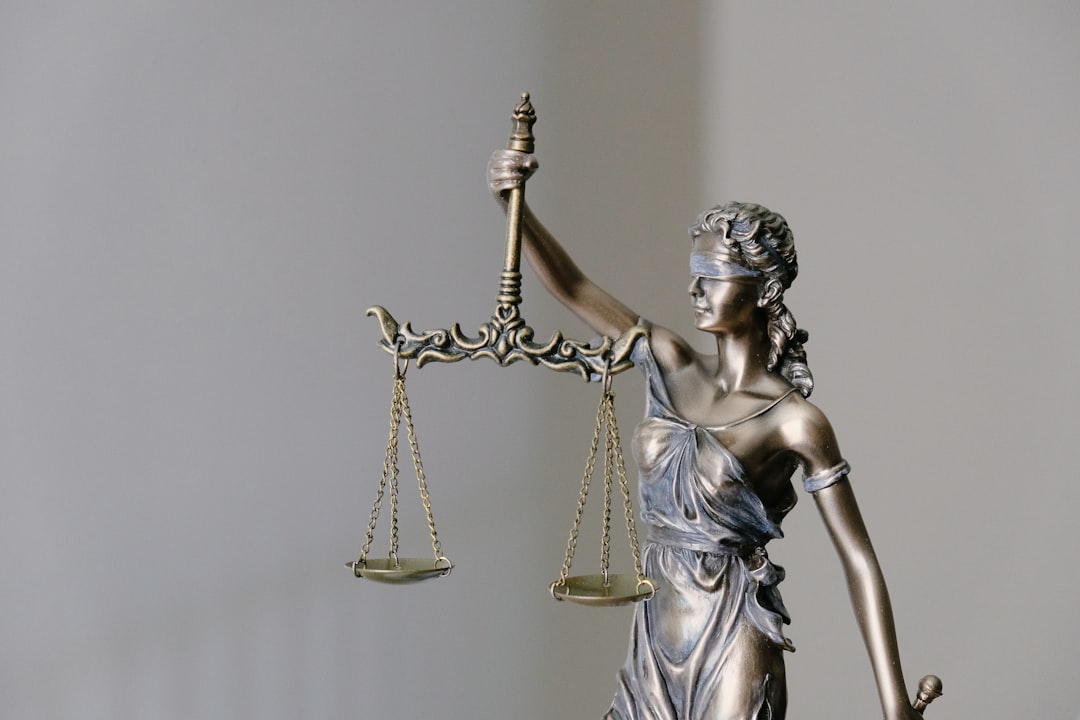
Implementing comprehensive education programs is a vital step in fostering resilience against sexual abuse within schools in St. Louis and beyond. These programs should span across various age groups, addressing issues like consent, personal boundaries, and healthy relationships from an early age. By integrating such education into the curriculum, students gain crucial knowledge and skills to recognize and prevent potential abuses.
Moreover, these programs can involve interactive workshops, role-playing scenarios, and open discussions facilitated by trained professionals, including sexual abuse attorneys in Missouri. Such initiatives empower students with the confidence to speak up, seek help, and understand their rights, creating a safer environment for everyone.
Training Staff and Teachers on Prevention Strategies

In the fight against sexual abuse, training staff and teachers is a pivotal strategy for fostering resilience in St. Louis schools. Educating professionals on prevention techniques empowers them to create safer learning environments. This includes recognizing potential signs of abuse, understanding child development, and implementing age-appropriate discussions about personal boundaries and consent. By equipping educators with these tools, schools can serve as proactive guardians against sexual abuse, utilizing the expertise of local sexual abuse attorneys Missouri to ensure comprehensive legal support when needed.
Regular workshops and seminars can be organized to update staff on the latest research and best practices in prevention. These sessions should cover topics like identifying vulnerable students, reporting procedures, and effective communication strategies. Such training fosters a culture of openness where teachers feel comfortable addressing sensitive issues, ultimately enhancing their ability to protect students.
Legal Aspects: The Role of Sexual Abuse Attorneys Missouri in School Safety

In addressing sexual abuse within schools, the legal landscape plays a pivotal role in ensuring safety and accountability. Sexual abuse attorneys Missouri are crucial stakeholders in this narrative. They specialize in laws pertaining to child protection and have extensive knowledge of policies designed to prevent and prosecute such crimes. These attorneys work tirelessly to ensure that schools maintain robust protocols for reporting and investigating incidents, providing a safe environment for students.
Their involvement encourages a culture of transparency and responsibility. By holding educational institutions accountable for their actions—or inactions—sexual abuse attorneys Missouri contribute to the overall safety of St. Louis’s student body. This includes advocating for stricter regulations, offering legal counsel to victims, and guiding schools through complex legal procedures, ultimately strengthening the prevention and response mechanisms against sexual abuse in academic settings.
